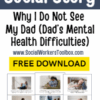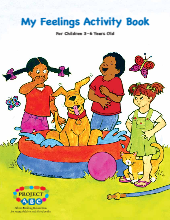 The Child Development and Trauma Guide provides foster carers, adoptive parents, and professionals working with children critical information about typical childhood development pathways and potential indicators of trauma at different developmental stages.
The Child Development and Trauma Guide provides foster carers, adoptive parents, and professionals working with children critical information about typical childhood development pathways and potential indicators of trauma at different developmental stages.
Developed by child protection and trauma experts, this guide covers developmental trends, possible trauma indicators, and impacts across infancy, early childhood, middle childhood, and adolescence. The goal is to build caregiver understanding of age-specific trauma responses like regression or behavioral changes.
Key topics covered include:
- Typical physical, social-emotional, and cognitive developmental milestones from 0-18 years
- Signs of trauma and adverse impacts on development by age
- Guidance on supporting parents and caregivers after a child’s trauma
- Factors that pose risks to healthy development and protective factors that support positive outcomes
While not intended as a stand-alone assessment framework, this guide provides an invaluable starting point for appreciating childhood trauma dynamics. It helps equip anyone caring for or working with children to recognize potential trauma, understand its effects, and respond in developmentally appropriate, supportive ways.
This useful reference tool encourages engagement with those who know the child best to get a full picture. It also stresses that trauma indicators should prompt further assessment – not judgement in isolation.
FREE PDF DOWNLOAD OF CHILD DEVELOPMENT AND TRAUMA GUIDE
SIMILAR FREE RESOURCES
Signs of Developmental Trauma at Home & School Short Guide









